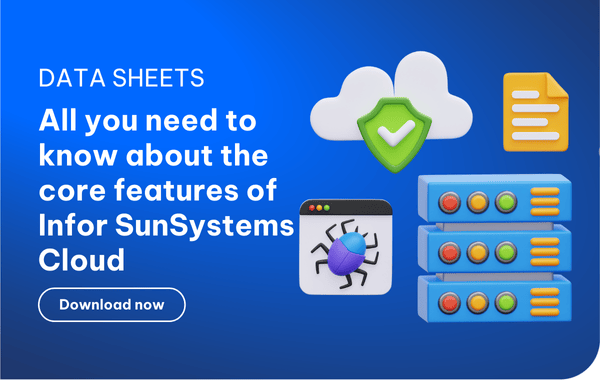Companies operating in the logistics and transportation industry such as airlines, cruise liners, railways and shipping/trucking firms face several accounting and operational challenges that can impact their net earnings. That is why it is critical that good accounting practices are followed to manage their cash flow and liquidity.
Logistics companies have always had to contend with uncertainties in operational costs. Fluctuations in oil prices and shipping rates can greatly affect their profit margins and the profitability of their freight quotations.
In addition, shipping companies are under a significant amount of pressure from consumers to keep up with their changing expectations in today’s digitalised world. The modern consumer wants instant gratification, and as a result, there has been a rise in “next-day delivery” and even “same-day delivery”.

Contents
5 best accounting practices all logistics companies should follow:- 1. Only recognise earnings when control is transferred to the customer
- 2. Ensure accounts are produced at least once a month
- 3. Adhere to International Financial Reporting Standards (IFRS)
- 4. Adhere to local legislation
- 5. Use the most up-to-date accounting software
5 best accounting practices all logistics companies should follow
To best cope with increased pressures and demand, logistics companies need to adopt the following best accounting practices:
1. Only recognise earnings when control is transferred to the customer
Logistics companies should only recognise revenue when the appropriate criteria have been met as laid out in their contract with the customer. The contract will outline the performance obligations expected of the shipping or transportation company. The associated revenue should be recognised either over time or at a specific point in time, depending on when control is transferred to the intended recipient and the nature of the good/ service.
To illustrate, a service provider such as a cruise liner should recognise revenue over time as the customer simultaneously receives and consumes the benefits of their service. Whereas, a delivery company should recognise revenue at a point in time (e.g. upon completion of the delivery) when the customer has obtained the goods.
2. Ensure accounts are produced at least once a month
Cash flow statements, forecasts and income statements should be prepared at frequent time intervals and ideally should be at the very least produced monthly. Logistics companies typically deal with high volumes of transactions, and it is important to keep on top of them to manage the company's finances and reduce risk effectively. Having up-to-date accounts will help inform decision-making and make sure decisions are made in a timely manner.
3. Adhere to International Financial Reporting Standards (IFRS)
IFRS are accounting standards issued by the International Accounting Standards Board (IASB). Their purpose is to give guidance on how companies should prepare and disclose financial statements in a manner that is true, fair and comparable with other similar organisations across the world. The standards follow a principle-based approach that provides a global framework that is regarded by many as best practice.
Logistics and transportation companies need to adhere to the IFRS, as many operate internationally and participate in cross-border transactions. In addition, having a common set of accounting standards makes it easier for investors to understand a company's financial statements and spot investment opportunities.
Read more: Adapting to economic globalisation - From VAS to IFRS accounting
4. Adhere to local legislation
Not only should logistics firms be complying with IFRS but also any local regulations that are relevant to their business and its operations. As logistics and transportation companies often complete work across several countries, they must be aware of the appropriate legislation in all the countries they operate in as well as the legislation in the country where their annual reports are filed.
5. Use the most up-to-date accounting software
Many companies today still rely on old and outdated on-premise accounting software that is not capable of fully meeting the needs of modern business. Companies are dealing with an increasing amount of data that must be processed and recorded accurately and provide meaningful insight to any stakeholders that may use this information. Outdated accounting systems are unable to cope with mass volumes of data, and this may result in inefficient and ineffective decision-making.
Newer, cloud-based accounting software offers a wide range of useful features, including AI and business intelligence. These more developed systems can automate manual tasks, foster collaboration and be integrated with other business systems to increase efficiency. Cloud-based systems can be particularly advantageous to firms operating in the logistics industry that deal with a diverse range and high volume of transactions.
Read More: Which Accounting Features Does Logistics Accounting Software Need Post Covid-19?
At TRG International, we offer Infor SunSystems Cloud, a comprehensive financial management solution built with security and usability in mind. The solution is deployable on-premise or in the cloud and is full of capabilities to increase your productivity.
With SunSystems, you can communicate and update tasks with ease via its built-in social collaboration platform, Infor Ming.le, automate workflow with Coleman AI, and integrate with Infor solutions or third-party applications through Infor OS (Infor's very own operating system).
To learn how Infor SunSystems Cloud can empower you and your employees with its unprecedented capabilities, download its 7-in-1 information kit today!
 English
English  Vietnamese
Vietnamese 

